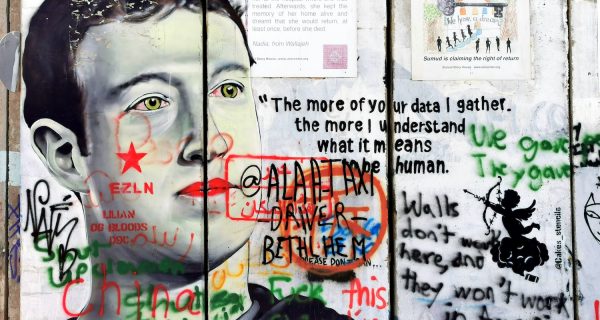What Are The Psychological Benefits Of Believing In Conspiracy Theories?
Conspiracy theories have the capacity to fill perceivers’ worldview with a gratifying sense of meaning and purpose.

Previous research shows that conspiracy theories are frequently associated with poor health choices, decreased well-being, and the worsening of social relationships. Moreover, conspiracy beliefs may also harm society by decreasing public support for policy aimed at addressing genuine problems such as climate change, and the pandemic, and inducing violence and extremism in some cases. Yet, so many people believe in conspiracy theories, perhaps yourself included (?)
In a recent study published in Current Opinion In Psychology, Jan-Willem van Prooijen at Maastricht University, tries to provide an answer to this paradox: If conspiracy theories are mostly harmful, why then, do so many people still endorse them?
Jan-Willem’s argument is that although conspiracy beliefs do not reduce anxiety or help with social relationships, they do stimulate a sense of meaning and purpose in a way that is psychologically rewarding.
As he goes on to suggest, there are three main ways in which believing in conspiracy theories may bring psychological benefits:
- Conspiracy theories can help people defend a fragile ego by exaggerating the importance of themselves and their groups;
- Conspiracy theories can make people feel like legitimate actors by rationalizing their beliefs and behaviors;
- Believing in conspiracy theories entertains people by making them active participants in an exciting tale.
In essence, conspiracy theories have the capacity to fill perceivers’ worldviews with a gratifying sense of meaning and purpose.
What we do know for sure is that the earth is flat.













